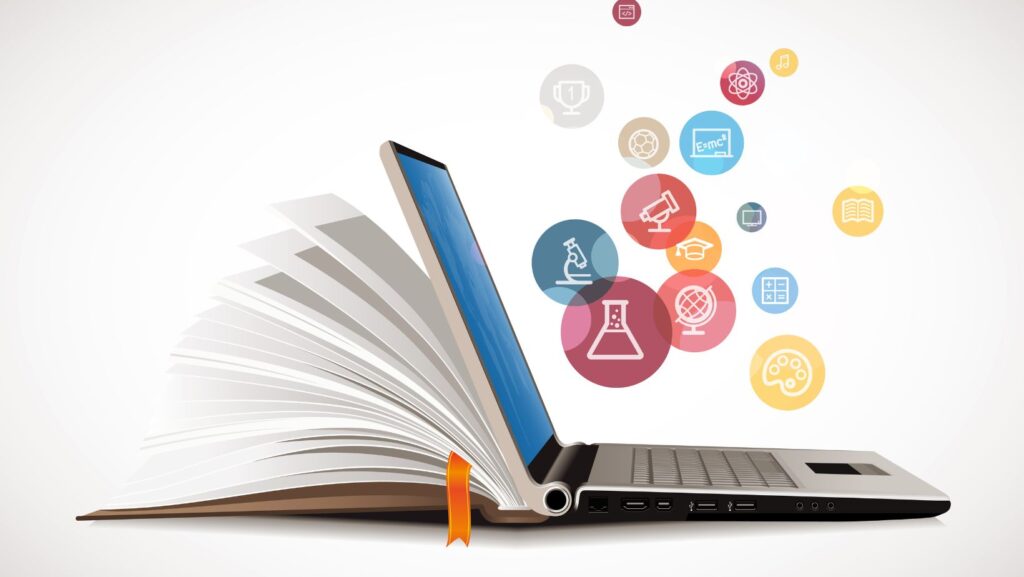In the rapidly evolving world of technology, staying updated is no longer an option—it’s a necessity. And what better way to keep abreast of the latest advances than by diving into a well-written, informative technology book? From AI to blockchain, there’s a wealth of knowledge waiting to be discovered.
Whether you’re a seasoned tech enthusiast or a curious novice, a good technology book can enlighten you with fresh insights and perspectives. It’s not just about understanding complex concepts—it’s also about seeing how these technological marvels are shaping our world, and potentially, our future.
Technology Books
The Role of Technology Books in Education
 Technology books play a crucial role in education, serving as a resource for learning about the evolving wonders of the digital ecosystem. Act as a bridge, they link theory with practicality, facilitating an expansive understanding of abstract computing models, developments in AI, and more. For instance, books like “Neural Networks and Deep Learning” by Michael Nielsen demystify intricate facets of machine learning, making them concurrently enlightening and educational.
Technology books play a crucial role in education, serving as a resource for learning about the evolving wonders of the digital ecosystem. Act as a bridge, they link theory with practicality, facilitating an expansive understanding of abstract computing models, developments in AI, and more. For instance, books like “Neural Networks and Deep Learning” by Michael Nielsen demystify intricate facets of machine learning, making them concurrently enlightening and educational.
In academic contexts, technology books become invaluable, offering core knowledge that supplements lecture materials and tutorial sessions. Specifically, they contain detailed case studies, real-life applications, and comprehensive explanations of complex phenomena essential in computer science and related majors. A noteworthy example to highlight would be “Structure and Interpretation of Computer Programs” by Gerald Jay Sussman and Hal Abelson, which is lauded as a guide for novice coders and advanced algorithm developers alike.
How Technology Books Shape Our View on Innovation
Technology books, beyond imparting knowledge on technological concepts and developments, shape perspectives on innovation. They encourage critical thinking by challenging conventional thoughts, shedding light on various technological advancements in relatable contexts. These books often contain anecdotes of more significant tech breakthroughs, painting a vivid picture of the innovation landscape. A masterful example of this would be “The Innovator’s Dilemma” by Clayton M. Christensen which, with its compelling narratives about disruptive technology, alters perceptions about the nature of innovation.
Key Criteria for Evaluating Technology Books
Judging a book by its cover isn’t advisable, particularly when inspecting technology books. Several key factors should guide the selection process, ensuring high-quality, insightful, and valuable reads.
Accuracy and Up-To-Date Content
Technological developments proceed at an unprecedented pace. This rapid speed of advancement necessitates continual content updates in technology books. Accurate, current information, discernible through publication dates and regular edition releases, remains paramount.
Author Expertise and Credentials
 Taking into account the author’s background forms a significant part of the evaluation process. An author with longstanding industry experience, heavy academic research, or key contributions to the tech world carries the weight of authenticity. Readers can trust the perspectives of a seasoned professional, like AI expert Stuart Russell, who provides accurate, comprehensive information based on their in-depth understanding of the subject matter.
Taking into account the author’s background forms a significant part of the evaluation process. An author with longstanding industry experience, heavy academic research, or key contributions to the tech world carries the weight of authenticity. Readers can trust the perspectives of a seasoned professional, like AI expert Stuart Russell, who provides accurate, comprehensive information based on their in-depth understanding of the subject matter.
The Depth of Technical Information
Lastly, an exploration of how deeply the technical information drills offers another evaluation lens. An ideal technology book unpacks complex topics into digestible concepts, yet maintains a degree of technical depth to ensure thorough understanding.
Top Technology Books of the Year
Professionals in tech, enthusiasts, and beginners alike find themselves amidst an immense selection of technology books every year. Books that not only enhance knowledge but also guide them through the diverse and rapidly evolving world of technology.
Books for Professionals and Enthusiasts
Leaders in tech often seek books that delve deep into specific topics, discussing advanced theories, methodologies, and the potential implications of emerging technologies. Stuart Russel’s “Human Compatible” makes for an excellent read. It’s a book detailing the field of artificial intelligence (AI) and its possible influence on society.
Life 3.0” by Max Tegmark, shines a light on the transformational path where humans and AI can coexist, exploring the potential roles of AI within societal constructs. Such books don’t merely skim the surface but offer profound insights into the mechanics of advanced technologies.

